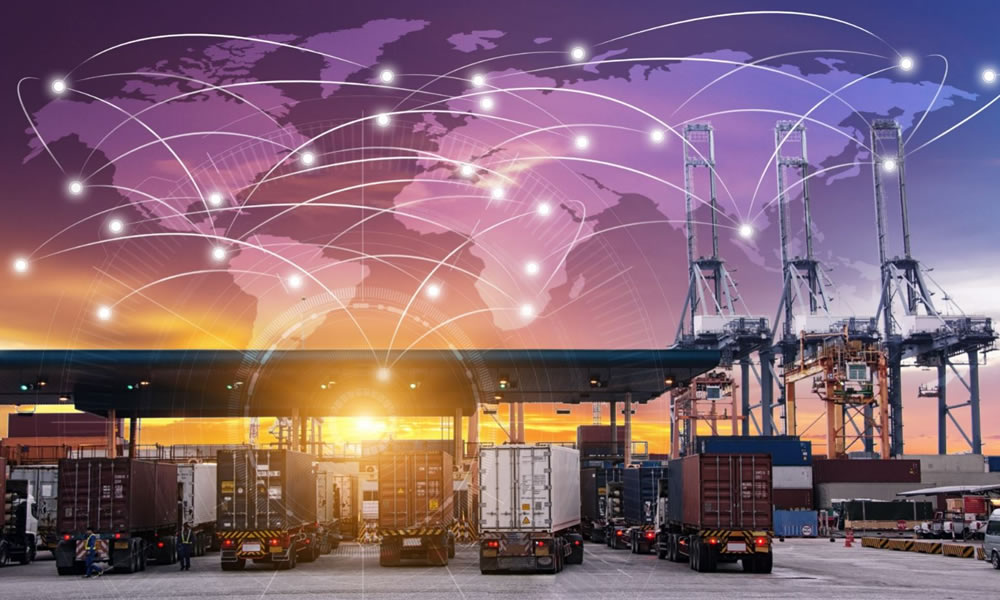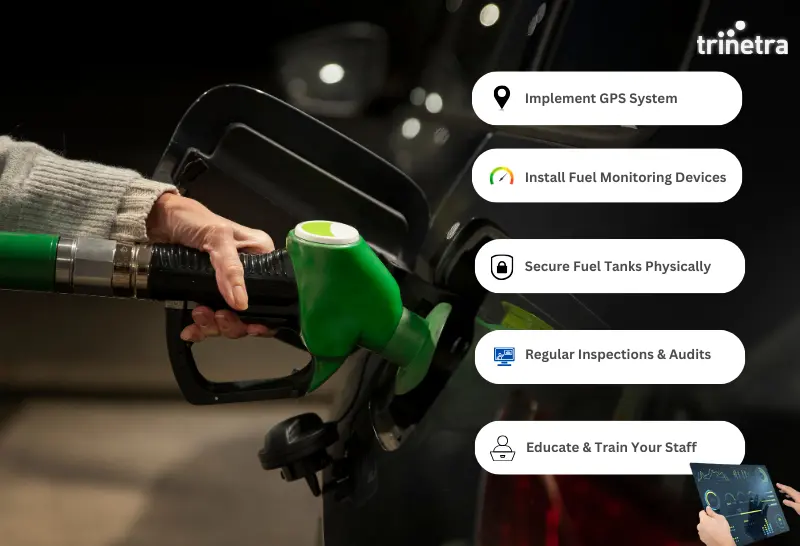With the economy growing fast, technology becomes important in growth and development. The transport sector is one of the evident beneficiaries and proof of this growth, as it has seen rapid development. Here is where telematics has come to play its role in transport management. Both have grown parallel and complimentarily.
Role of Telematics.
Telematics technology covers a huge spectrum and is an effective combination of telecom and informatics. In fleet management, it has taken a pivotal role to change the business in transport and fleet operation. Telecommunication transfers the data and informatics manages the data. Telematics makes the management and control of operations of the fleet on road, easier and more efficient.
Technology is used to share vehicular data, via wireless transmission, over long distances. The multiplication of vehicle population has made telematics valuable to fleet owners and transport managers. It has some highly advanced features that you need to take into account.
Improve Driver Management. Driving conditions (bad weather), long tiring hours on road, etc. can lead to inefficiency of drivers. But Telematics devices can help monitor work rate or measure driver-vehicle movements like braking, acceleration, cornering, etc. This can help evaluate driver performance and offer rewards or counsel for remedy.
Get Driver Involvement. Using fleet telematics and driver feedback, the company can involve the driver insights in decision making, drawing a strategy or in planning. Telematics virtually connects the manager with his driver crew in real-time.
Supports Compliance. Telematics can be an organising tool that helps sync with industry mandates, norms and standards. This technology can help maintain compliance in terms of emission, documentation, speed limits, payload, etc.
User Experience & Engagement. The UX & UI of applications have improved greatly in recent years. FMS Software allows involvement of users/drivers to interact easily digitally. By utilising the functionalities on the platform, everyone will be benefited. It will promote efficiency and motivation.
Safety First. Telematics has enabled fleet management to use cloud computing. This saves time for managers and drivers, and ensures security of documents in cases of emergency. Without compromising on safety, drivers get communication, some entertainment and relaxation. Digitisation ensures big reduction of paperwork for the company/operator.
Additional Benefits.
There are additional benefits that accrue from telematics:
Improving Productivity. As the efficiency and performance of the vehicle increases, productivity is improved. Real-time communication between managers and drivers allows free flow of data, improving relationship and trust. Telematics allows an advanced routing and mapping system to help optimise travel time and distance, avoid heavy traffic, save fuel, reduce waiting and idling time.
Reduce Operating costs. Owing to the scale of operations, any savings ca be multiplied or duplicated. It will save costs and maximise resource utilisation. FMS with IoT can inform vehicle condition for corrective action, maintenance and safety.
Optimising performance. Data from every ride/trip can help generate reports to evaluate performance of vehicle and driver. It enables managers and drivers to make modifications or take actions to reduce downtime and wastage.
Trinetra FMS, a web-based fleet management software, with mobile app integration, can optimise operations and costs, improve efficiency and productivity. Get more details from our website – www.trinetrawireless.com. Place your enquiry or ask for a demo, and we’ll support your request.







